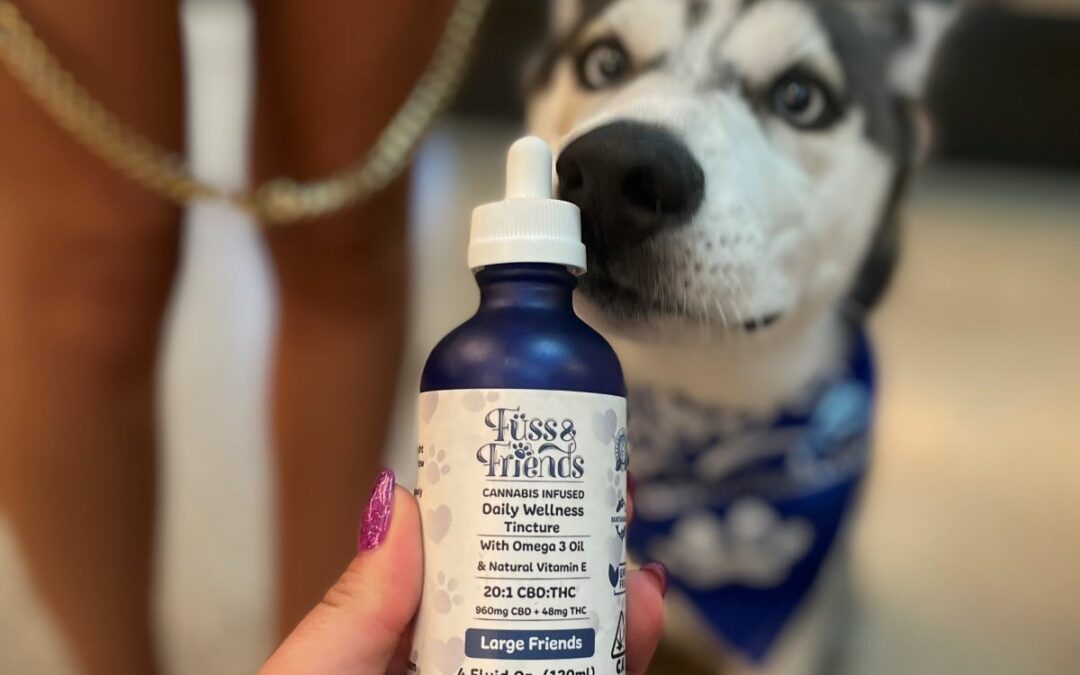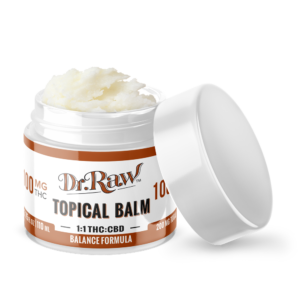As a pet owner and a cannabis enthusiast, you may wonder whether you can share its soothing effects with your pets. Since CBD is frequently used in treating anxiety and pain in humans, why wouldn’t it work on our furry friends?
Although there is some truth to the above statement, there are also potential risks associated with giving cannabis to pets, and it is vital to understand them before medicating Fido. This blog post will provide an overview of the current scientific research on cannabis and pets, so that pet owners can make an informed decision about whether cannabis is an appropriate treatment for their pet’s condition.
The Current Research On Cannabis For Pets
The scientific research on the effects of cannabis in animals is still limited, but in a Veterinary Information Network survey conducted in 2018, the consensus among veterinarians is that CBD is relatively safe and helpful in treating chronic pain in dogs. Over 80% of the participants reported no harmful side effects. In addition, a 2019 study published in Frontiers in Veterinary Science found that 82.2% of veterinarians agreed or strongly agreed that there are medicinal uses of CBD products for dogs from a medical standpoint.
However, research in the area still needs to be more conclusive, and to this day, we are still determining the long-term impact CBD might have on animals. According to veterinarians at the University of Minnesota, whatever vets know about CBD, comes from anecdotal evidence and experiences.
Is THC Safe For Pets?
It is essential to clarify that the findings above are relevant only to CBD products. The other primary cannabinoid, the psychoactive THC can be toxic to animals. Dogs have more cannabinoid receptors in their brains, which means they are more affected by the psychoactivity of THC and the effects of cannabis when compared to humans. While the lethal dose for pets is relatively high, you should make sure to keep all THC-rich products away from curious snoots, especially tasty edibles that they may be attracted to.
According to Gary Richter, owner, and director of the Montclair Veterinary Hospital, if a pet accidentally ingested THC, it might show signs of disorientation, dilated pupils, and abnormal heart rate. “Depending on how significantly a pet has overdosed,” he said, ”the effects of that can be quite long-lasting, even days.” In short, your pets can get high, only it is not a pleasant experience for them.
Safety And Compliance
CBD seems safe for dogs and cats (even though most products are not yet FDA-approved). Some reports claim dogs might become a bit sleepy or lethargic if the dosage is higher than recommended. However, you should never self-administer CBD to your dog and always consult with your vet to ensure there are no drug interactions or allergies.
It’s worth noting that U.S. veterinarians are forbidden from prescribing/dispensing CBD, but are now permitted, due to Assembly Bill 2215, to discuss the use of cannabis on an animal for medicinal purposes without fear of discipline or revocation of licensing.
Conclusion
In conclusion, there is increasing evidence that CBD may be a helpful tool for treating certain medical conditions in animals, such as pain, anxiety, and arthritis. However, it is essential to understand the potential risks associated with its use, including the potential for THC toxicity and drug interactions.
Pet owners should always consult with their veterinarian before giving cannabis to their pet, and should only use products that are specifically formulated for animals and that contain only trace amounts of THC.





